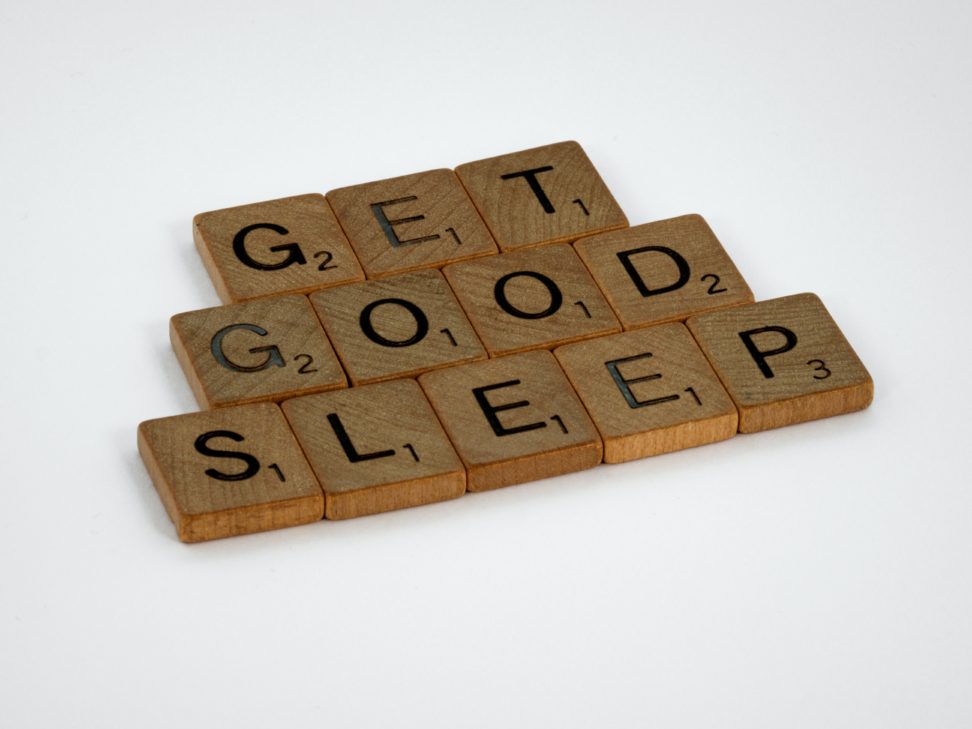Sleep is one of the most overlooked contributors to reduced productivity and increase depression and weight gain. Sleep also affects our ability to manage stress. As mentioned earlier, assumptions (when we suppose or act like something is true) can sabotage our health.
Not Getting Enough Sleep Will Deteriorate Your Health
Here are quick explanations for how lack of sleep affects your mind, body, and even your wallet:
- We have this assumption that if we sleep less, we get more done. But really, when we sleep the right amount (read: probably more), we’ll get more done. The “I’ll sleep when I’m old, retired, or dead” mantra is counterproductive. This resource from a previous blog on sleep is worth restating. Quoting from Why Sleep Matters: Quantifying the Economic Costs of Insufficient Sleep, “Small changes to sleep duration could have a big impact on the economy. For example, if individuals that slept under six hours started sleeping six to seven hours, then this could add $226.4 billion to the U.S. economy.”
- Lack of sleep has a connection to increased depression. Quoting from What is the relationship between depression and sleep?, “According to one scientific journal, sleep loss might contribute to neurochemical changes in the brain, which can result in depression. The researchers also suggest that depression may lead to disrupted sleeping patterns.”
- From the Sleep Foundation: “Sleep loss creates a hormone imbalance in the body that promotes overeating and weight gain.”
- From the American Psychological Association, “On average, adults with lower reported stress levels report sleeping more hours a night than do adults with higher reported stress levels (7.1 vs. 6.2 hours). They are also more likely to say they have excellent or very good-quality sleep (33 percent vs. 8 percent) and get enough sleep (79 percent vs. 33 percent).”
Work with Your Natural Sleep Cycle to Get More Sleep
Right after food, water, and air, we need sleep. It’s important that we realize this no-sleep assumption is causing us to shortchange our health and productivity. With regular sleep, our health, productivity, and creativity will improve.
Working with our body’s natural cycle, also known as Circadian Rhythm, can make it easy to fall asleep, rest well, and get more done. This approximate 24-hour cycle has been a point of increased research, including the 2017 Nobel Prize in Physiology or Medicine going to three researchers “for their discoveries of molecular mechanisms controlling the circadian rhythm.” To oversimplify, they discovered our bodies’ inner clock is observable on the cellular level not just in brain activity and its our whole body that follows a 24-hour cycle. Therefore, because we have this embedded 24-hour clock at the level of our cells, we are more able to rest/sleep when we follow that natural Circadian Rhythm.
Covering the Noble Prize, NPR reporter Allison Aubrey describes the impact of working with or against our natural cycle so well:
Research that helped discover the clocks running in every cell in our bodies earned three scientists a Nobel Prize in medicine on Monday.
“With exquisite precision, our inner clock adapts our physiology to the dramatically different phases of the day,” the Nobel Prize committee wrote of the work of Jeffrey C. Hall, Michael Rosbash and Michael W. Young. “The clock regulates critical functions such as behavior, hormone levels, sleep, body temperature and metabolism.”
We humans are time-keeping machines. And it seems we need regular sleeping and eating schedules to keep all of our clocks in sync.
Studies show that if we mess with the body’s natural sleep-wake cycle — say, by working an overnight shift, taking a trans-Atlantic flight or staying up all night with a new baby or puppy — we pay the price.
Our blood pressure goes up, hunger hormones get thrown off and blood sugar control goes south.
We can all recover from an occasional all-nighter, an episode of jet lag or short-term disruptions.
But over time, if living against the clock becomes a way of life, this may set the stage for weight gain and metabolic diseases such as Type 2 diabetes.
“What happens is that you get a total de-synchronization of the clocks within us,” explains Fred Turek, a circadian scientist at Northwestern University. “Which may be underlying the chronic diseases we face in our society today.”
What an excellent explanation! It’s time to stop overlooking the value of regular sleep.
If you need help changing habits to find a better and more natural rhythm to your day, give me a call. I’ve also included helpful resources in the read-more section in this months newsletter. If you don’t get my monthly health newsletters, sign up today!



![z31[1]](https://simplywholebydevi.com/wp-content/uploads/2018/06/z311-100x100.jpg)












